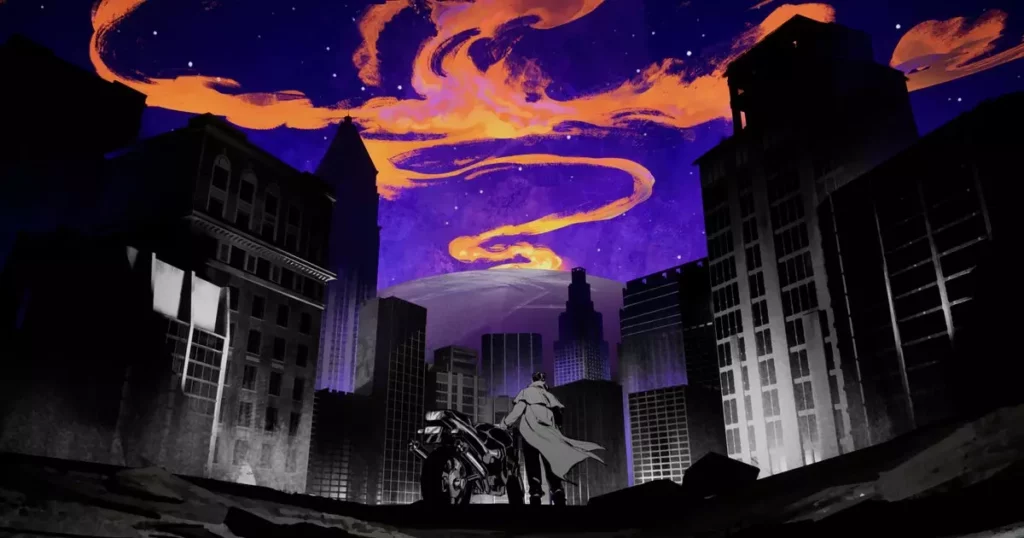Summerfall Studios’ journey with Malys is emblematic of the brutal truths lurking beneath the surface of indie game development. Despite the experienced pedigree behind the project—particularly with David Gaider, known for his narrative craftsmanship in the Dragon Age series—their Kickstarter campaign falling short is a clear signal of the harsh marketplace realities even seasoned creators face today. Crowdfunding failure often means project death or indefinite shelving, yet Summerfall Studios chose a path less trodden: diving headfirst into Steam Early Access. This pivot isn’t mere desperation dressed as innovation but a resolute, albeit risky, strategy that reflects the changing nature of how games find life and community in the hyper-competitive indie ecosystem.
The Double-Edged Sword of Early Access
Early Access has quickly morphed into the double-edged buzzword of modern game launches. It promises transparency, player involvement, and a living development cycle but also risks alienating consumers who expect polished products on release day. Malys flagrantly turns this notion on its head by offering a clearly unfinished game, complete with bugs, incomplete content, and a storytelling experience only in its infancy. There’s a certain brutal honesty here—no pretenses of polish, no smoke and mirrors, just a work-in-progress inviting players not just to observe but to shape its evolution. This openness is refreshing in a market often saturated with hyper-marketed half-products but it’s a gamble few studios can afford. If players grow impatient or if communication falters, goodwill evaporates quickly.
Community as Co-Creator, Not Customer
What distinguishes Summerfall Studios’ approach is their embrace of player feedback as an integral part of their development fabric. This isn’t a passive relationship; players are collaborators, testers, and even co-authors in this journey. For a genre like roguelike deckbuilders—which thrives or dies by tight mechanics, balance, and replayability—this community involvement isn’t optional but existential. The studio’s pledge of tri-weekly updates signals a rare commitment to an agile, player-responsive process that most developers boast about but few execute with consistency. This approach challenges the conventional top-down development model and, if sustained, could be key to carving out Malys’ identity in a crowded market.
The Perilous Balance Between Transparency and Expectation
However, total transparency is not a panacea. The more a studio exposes its developmental vulnerabilities—incomplete features, bugs, nebulous timelines—the more it invites scrutiny and impatience. Summerfall Studios is skating on thin ice here. The roguelike community is discerning and not shy about vocalizing disappointment. Early bumps in stability or perceived slow content rollout risk fueling negative word-of-mouth that can cripple momentum. The announced post-Early Access price hike feels like a calculated pressure point, creating urgency to buy early but possibly breeding resentment if improvements lag. The studio walks a tightrope where missteps could erode the goodwill painstakingly built through openness.
Narrative Potential in a Saturated Genre
Roguelike deckbuilders are a saturated battlefield, crowded with highly polished games boasting innovative mechanics and memorable aesthetics. Malys’ unique selling point resides in its narrative ambition—a former priest turned demon hunter navigating a supernatural roguelike card world. With David Gaider’s narrative legacy, the promise of a compelling story is plausible, even at this embryonic stage. Yet narrative aspiration alone won’t carry Malys without rigorous gameplay refinement. The challenge lies in marrying atmospheric storytelling with the ruthless demands of roguelike mechanics. Should Summerfall Studios manage this balance, they might inject fresh life into a genre often criticized for mechanical repetition and shallow character development.
A Test of Indie Resilience and Management
The indie realm glorifies creative visionaries but seldom highlights the grinding necessity of efficient project management. Malys’ trajectory will be a crucible test for Summerfall’s organizational skills and community management. Consistency in updates, responsiveness to feedback, and transparency about setbacks must become part and parcel of their operational DNA. The game’s health hinges not just on creative spark but on disciplined follow-through—something that too often eludes promising but under-resourced studios. Summerfall’s decision to proceed sans Kickstarter funding simpliciter suggests determination, but the stakes have never been higher. Failure here could become a cautionary tale, not just for Malys, but for the next wave of narrative-driven roguelikes attempting similar gambits.
The Ideological Undercurrent: Entrepreneurial Grit Meets Market Realism
From a center-right liberal perspective, Malys‘ story resonates as a microcosm of entrepreneurial grit in a free-market environment that demands both innovation and pragmatism. Summerfall Studios’ choice to bypass conventional funding routes and embrace community-driven development epitomizes adaptive capitalism. It shows a willingness to accept failure, pivot, and leverage transparency and customer involvement as competitive advantages. Yet, such freedom also demands accountability: the studio must deliver on promises or face market repercussions. This self-correcting dynamic, where consumer choice acts as a regulatory force, underscores why government subsidies or excessive protectionism for creative industries can stifle innovation and reduce accountability. Malys’ path underscores the necessity of balancing creative vision with market discipline—a lesson with relevance far beyond gaming.
Malys is not merely an early access game; it is a bold experiment in how indie studios confront setbacks and leverage transparency as a strategy. The game embodies both the promise and perils of iterative development within a fiercely competitive genre. Summerfall Studios’ gamble demands patient and engaged players willing to embrace imperfection in exchange for influence. It’s a story of resilience paired with risk—the perfect distillation of today’s indie game landscape where vision meets harsh economics. In a world dominated by polished blockbusters, Malys’ raw honesty and communal co-creation might just be what sets it apart, provided the studio can harness this momentum and deliver with operational rigor.









Leave a Reply